Revolutionizing Industry with Spark Plasma Sintering (SPS) Machines
SPS machines: popular in the manufacturing industry
Spark plasma sintering (SPS) is a field assisted sintering technique that has gained widespread popularity in the manufacturing industry due to its ability to sinter a wide range of materials and create precise and consistent parts. SPS machines, which utilize this technique, offer a range of benefits that make them an attractive choice for a variety of applications across various industries.
Versatile
One of the primary benefits of SPS machines is their versatility. They are capable of sintering a wide range of materials, including those with low melting points and those that are prone to cracking or deformation during the sintering process. This versatility makes SPS machines an ideal choice for use in the manufacturing of custom components and specialized parts in industries such as aerospace, automotive, and medical.
Control and precision
In addition to its versatility, SPS machines also offer improved control and precision during the sintering process. The use of an applied electric field helps to evenly distribute the heat and pressure required for sintering, resulting in more consistent and precise parts. This makes SPS machines particularly useful in industries where high levels of precision are required, such as the electronics and semiconductor industries.
Fast efficient and strong
SPS machines are also fast and efficient, with short sintering times and low energy consumption. They are capable of producing parts with enhanced mechanical properties, such as increased strength and hardness. This makes them a valuable choice for use in industries where strong and durable parts are required, such as the construction and military industries.
Revolutionizing industries
The combination of these benefits makes SPS machines a valuable tool for revolutionizing various industries. They can reduce production times and costs, while also producing high-quality parts with improved performance characteristics. Their versatility, precision, efficiency, and improved mechanical properties make them an exciting development in the world of manufacturing, and their continued evolution and refinement will no doubt lead to even more exciting advances in the future.
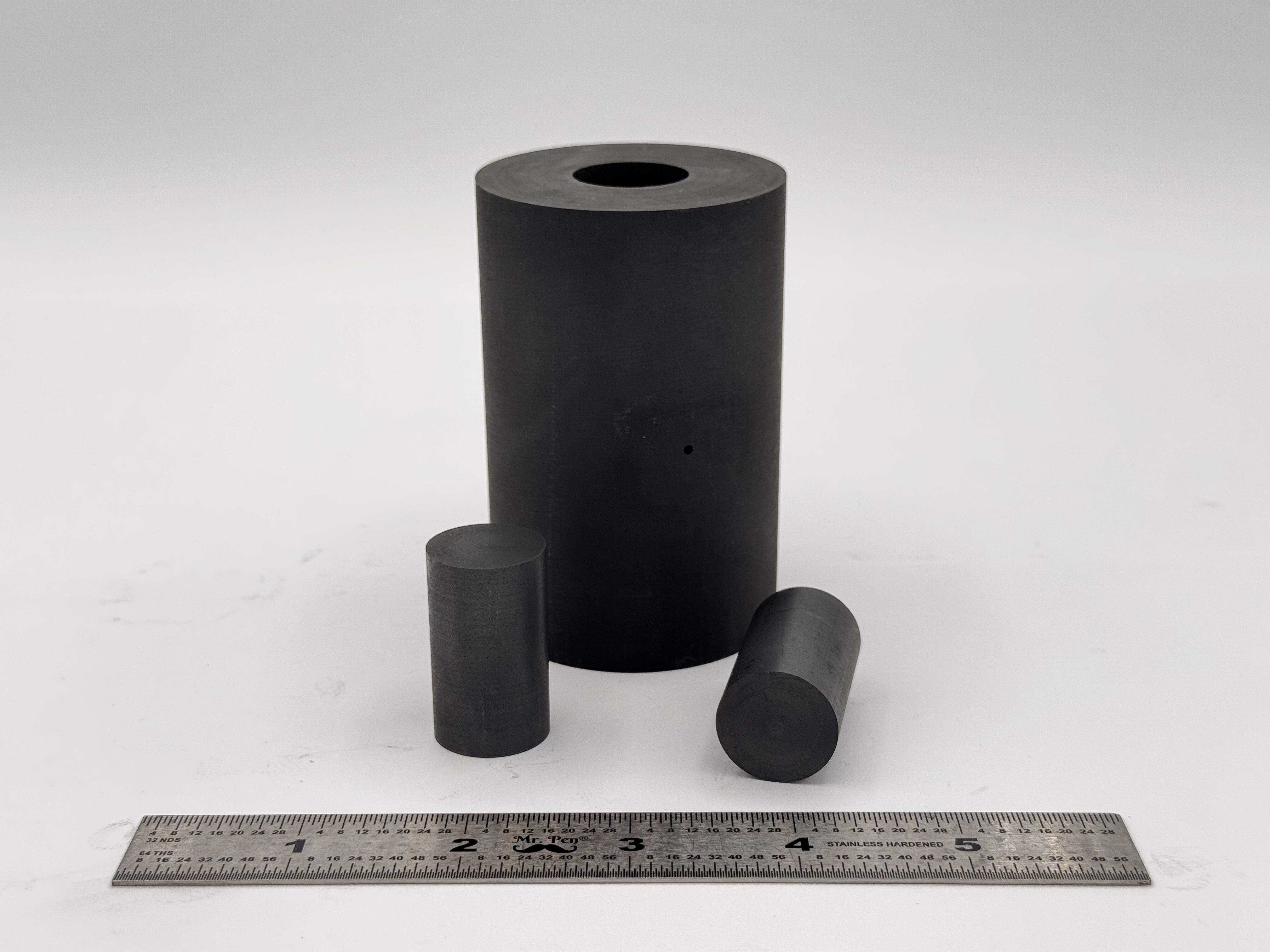 High Strength SPS Graphite Tooling
High Strength SPS Graphite Tooling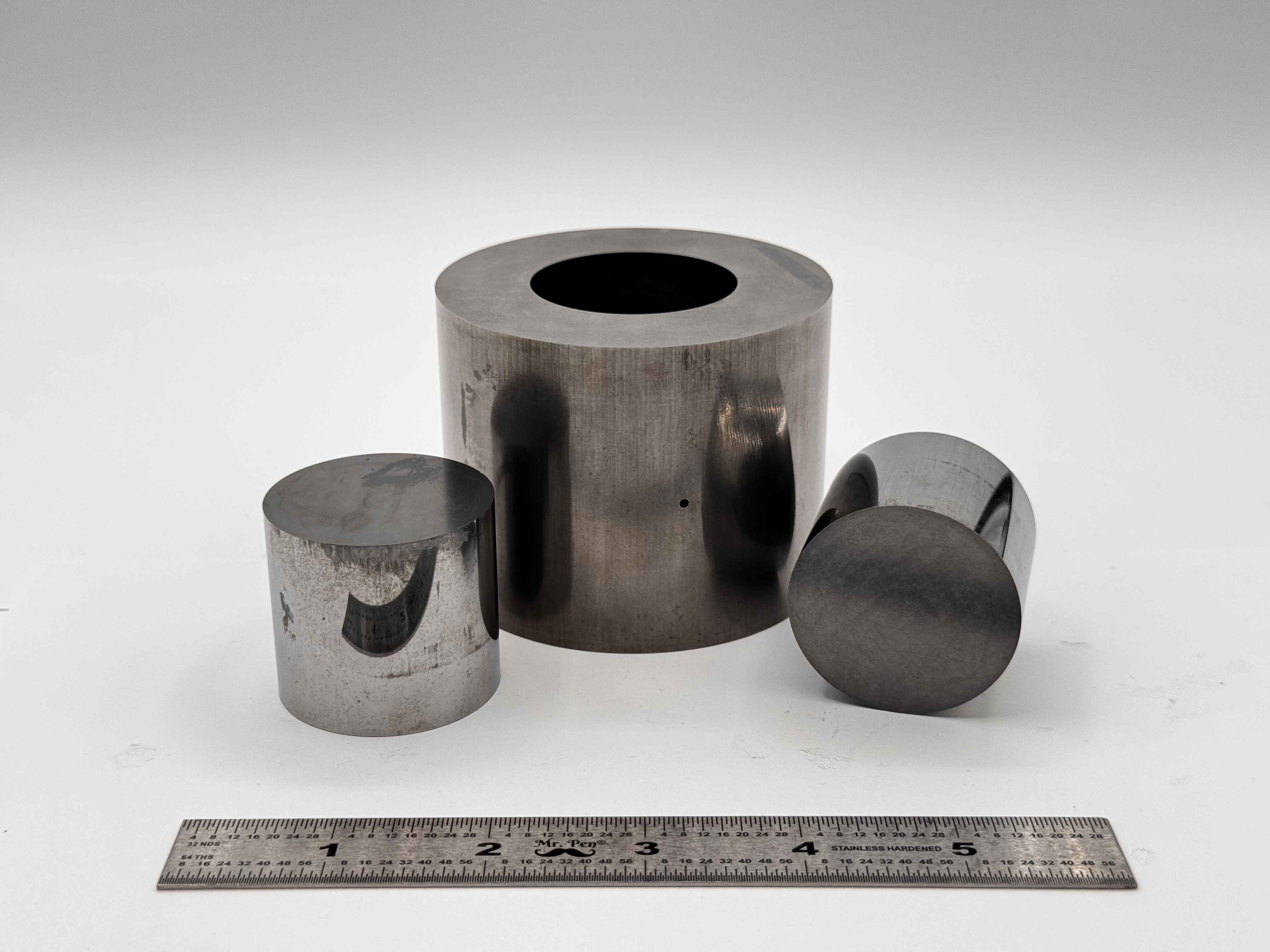 Tungsten Carbide Tooling
Tungsten Carbide Tooling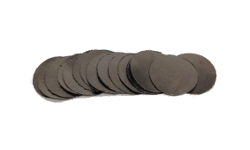 Carbon Graphite Foil / Paper
Carbon Graphite Foil / Paper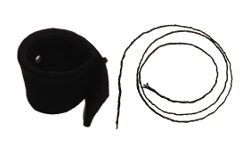 Carbon Felt and Yarn
Carbon Felt and Yarn Spark Plasma Sintering Systems
Spark Plasma Sintering Systems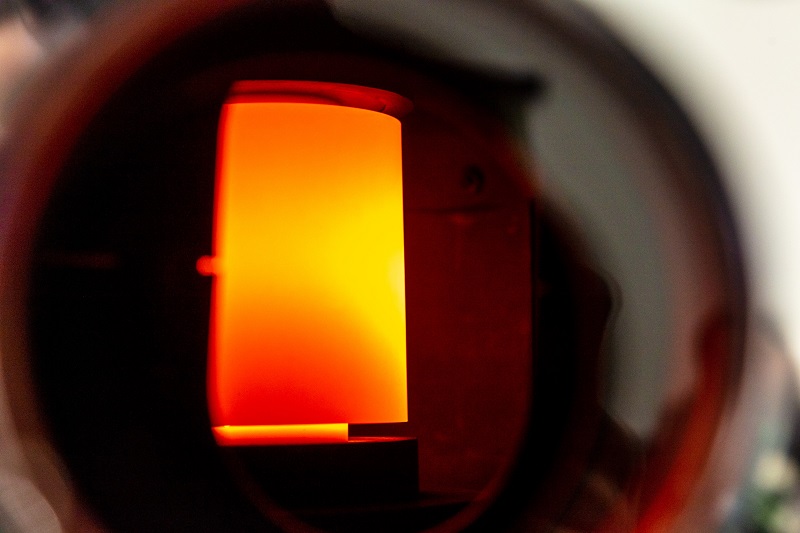 SPS/FAST Modeling Software
SPS/FAST Modeling Software